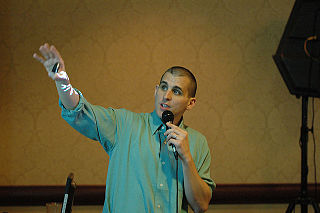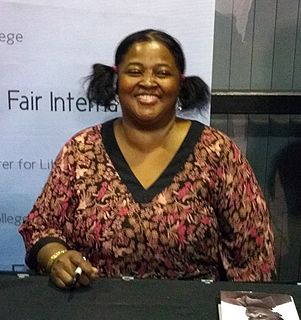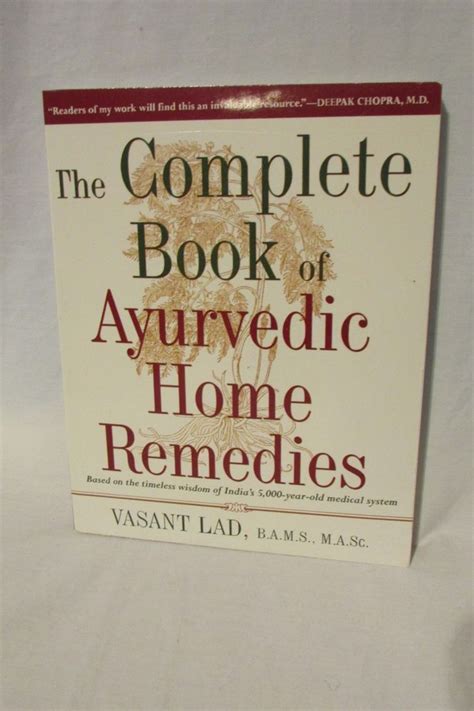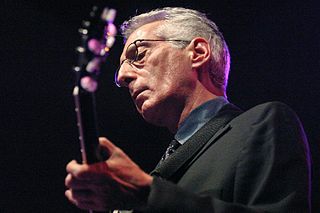A Quote by Jeff Vespa
Well, I talk about one moment in the book, but I don't know if that's my moment of discovery. It was a moment. In the book, I talk about how I started shooting, how I became a photographer.
Related Quotes
When I'm the speaker, I know that special moment [just before speaking] is the only time I will have the entire audience's full attention. Unless an alien spaceship crash-lands on stage midway through the talk, the silence before I begin is the most powerful moment I have. What defines how well I'll do starts with how I use the power of that moment.
There are a lot of ways to talk about the life of a photograph. You can talk about the afterlife of a photograph, and in the end I talk about that, with the Richard Prince picture. But mainly, what I dedicated the book to being about was how photographs begin their life, and where they begin it. And they begin it with the photographer's imagination and instinct and experience.
Vulnerability is a loaded word, and it can off-putting and terrifying to people. The best moment of my life (and by the way, this actually wasn’t a single moment) was when I realized that I no longer give a damn about what anybody thinks. What you'd talk about as vulnerability, I'd talk about as simply being true to yourself.
George W. Bush was passionate about AIDS. And we had a 10-minute talk at the interval of a concert at the Kennedy Center about AIDS. And I was astonished about how well-informed he was and his commitment to AIDS. And so it's the typical thing of don't judge a book by its cover until you have read the book.
Really, the moment you have any idea, the second thought that enters your mind after the original idea is, "What is this? Is it a book, is it a movie, is it a this, is it a that, is it a short story, is it a breakfast cereal?" Really, from that moment, your decision about what kind of thing it is then determines how it develops.
I think pain is a very - it's an extremely hard thing to empathize moment to moment. And you often don't remember your own pain, you know, that moment that you broke a limb or you burned yourself or, I think, this is a common thing that women talk about with childbirth, that the memory of the pain is hard to summon up and relive, thankfully.
It's botherin' me, man. You know, you can't say this, you can't say that, I'm like, well, how am I gonna talk about the world? You know? I mean I need to talk about something to you all, can I - can I do it? Can I talk to y'all? I mean, I hope the kids are in bed, you know, because I got to talk, y'all.
As an improviser you need to experience the moment- and that includes everything in the moment. Observe the people around you-the bandleader, the bartender-what they wear, how they deal with people, the simple continuity of their presence. As you do that you'll see how you affect them , and you'll play and act accordingly. You need to study the reality of the moment, and that is very rarely about studying modes and intervals.



































